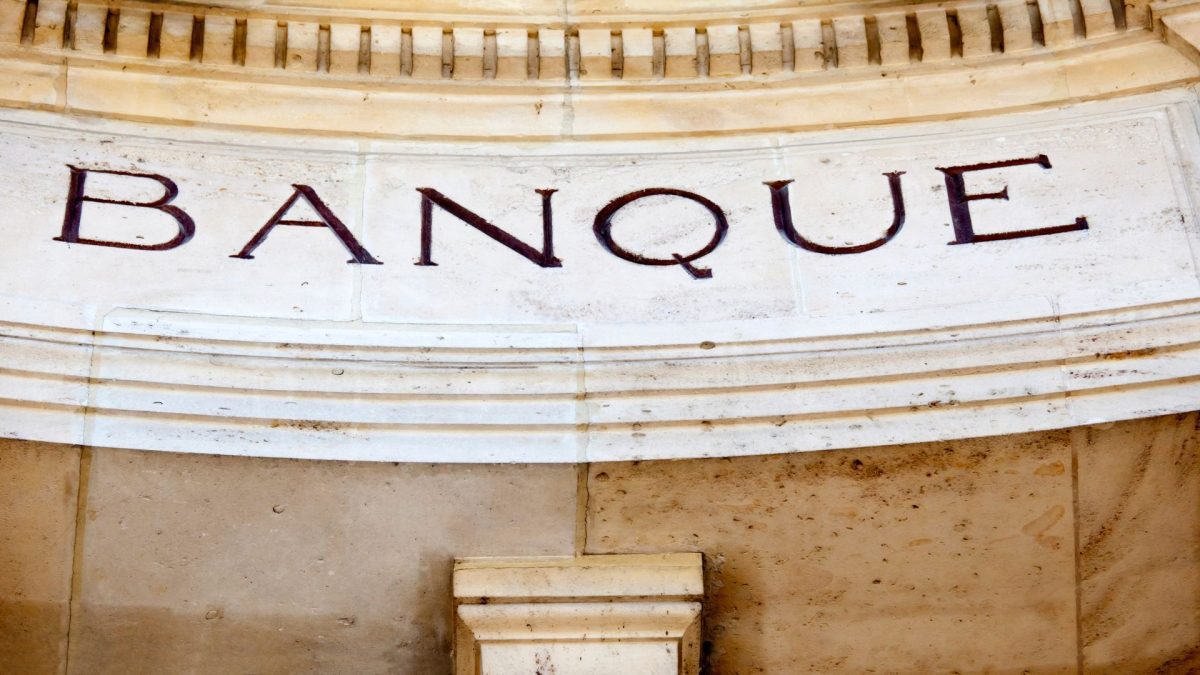A Welcome Return for a Leading French Lender
Good news for international investors looking to buy a ski property in France! A main lender is back in action, financing existing and off-plan properties all over the country (excluding refinancing or post-financing mortgages).
This lender will finance UK residents and British expats living in France, Germany, Netherlands, and Switzerland, a rarity post-Brexit.
They will also finance residents from Germany, Netherlands, and Switzerland, as well as US residents and citizens in the aforementioned countries.

French Banks’ complications when financing US residents (and also foreign residents)
Financing US residents can be challenging for French banks and other foreign financial institutions due to several reasons, primarily related to regulatory and compliance issues. Some of the main difficulties include:
FATCA Compliance: The Foreign Account Tax Compliance Act (FATCA) is a US regulation aimed at preventing tax evasion by US citizens and residents with offshore financial assets. Under FATCA, foreign financial institutions must report information about the financial accounts held by their US clients to the US Internal Revenue Service (IRS). Compliance with FATCA can be complex and costly for banks, and some institutions may choose not to provide services to US residents to avoid these burdens.
US Tax Reporting: US residents and citizens are subject to taxation on their worldwide income, regardless of where they live. When a US resident obtains a mortgage from a French bank, both the borrower and the lender may have additional tax reporting obligations. This can create complexity and administrative burdens for the bank.
Legal and Administrative Complexity: Providing French mortgages to US residents can involve navigating different legal systems, languages, and administrative processes. The additional complexities can increase the risk and cost of providing mortgages to US residents, making it less appealing for French banks.
Currency Risk: Since French mortgages are typically denominated in euros, while US residents earn and hold their assets in US dollars, an inherent currency risk is involved for both the borrower and the lender. Fluctuations in exchange rates can affect the borrower’s ability to repay the loan and the bank’s profitability.
Due to these challenges, some French banks may be hesitant to provide financing to US residents, or they may impose stricter criteria and requirements on those borrowers.

Optional Life Insurance and Its Implications
Life insurance, typically tied to mortgages, will be optional, potentially reducing overall costs. However, it is still advised that clients have some form of cover.
A French limited company setup will be required for the purchase. Contact us for more info.
LTV Update:
- Up to 85% LTV for repayment mortgages, fixed rate up to 25 years
- Mixed mortgage option available: 75% LTV, fixed rate over 25 years, starting with interest-only loan up to 7 years, followed by a repayment loan for up to 18 years. Affordability based on the repayment mortgage over 18 years.
Rates Update:
- French mortgage rates are increasing, as is the taux d’usure (see below)
- Rates are around 4% fixed for 20 years (personal name) or 5% fixed for 25 years (French limited company)
- Further rate increases are expected this year; rates can only be secured once a mortgage offer is issued.

What is the “taux d’usure” and why it complicates everything in times of high inflation…
The “Taux d’Usure” is a French term that translates to “usury rate” or “wear rate” in English. It is a regulatory mechanism implemented by the French government to protect borrowers from excessive interest rates and predatory lending practices. In essence, it sets the maximum interest rate that French banks and financial institutions are allowed to charge on their loans, including mortgages.
The Taux d’Usure is calculated on a quarterly basis by the Banque de France, the central bank of France. It takes into account the average interest rates charged by financial institutions on various types of loans during the previous quarter, such as consumer loans, housing loans, and business loans. Then, the Banque de France adds a margin to the average interest rate, which becomes the Taux d’Usure for the upcoming quarter.
If a bank or financial institution offers a loan with an interest rate above the Taux d’Usure, it is considered a violation of French law and can result in penalties or sanctions for the lender.
While the Taux d’Usure is designed to protect borrowers, it can also create challenges for banks to find profitability, especially in a low-interest-rate environment or when refinancing rates are high. As mentioned in the market update, this is one reason why some lenders might require borrowers to set up a French limited company when taking out a mortgage, as it allows the loan to be provided to a commercial entity rather than an individual, avoiding the limitations imposed by the Taux d’Usure.
In conclusion, the French mortgage market is showing positive signs for international investors. However, it’s essential to keep an eye on rate increases and secure a mortgage offer as soon as possible to lock in the best rate.


